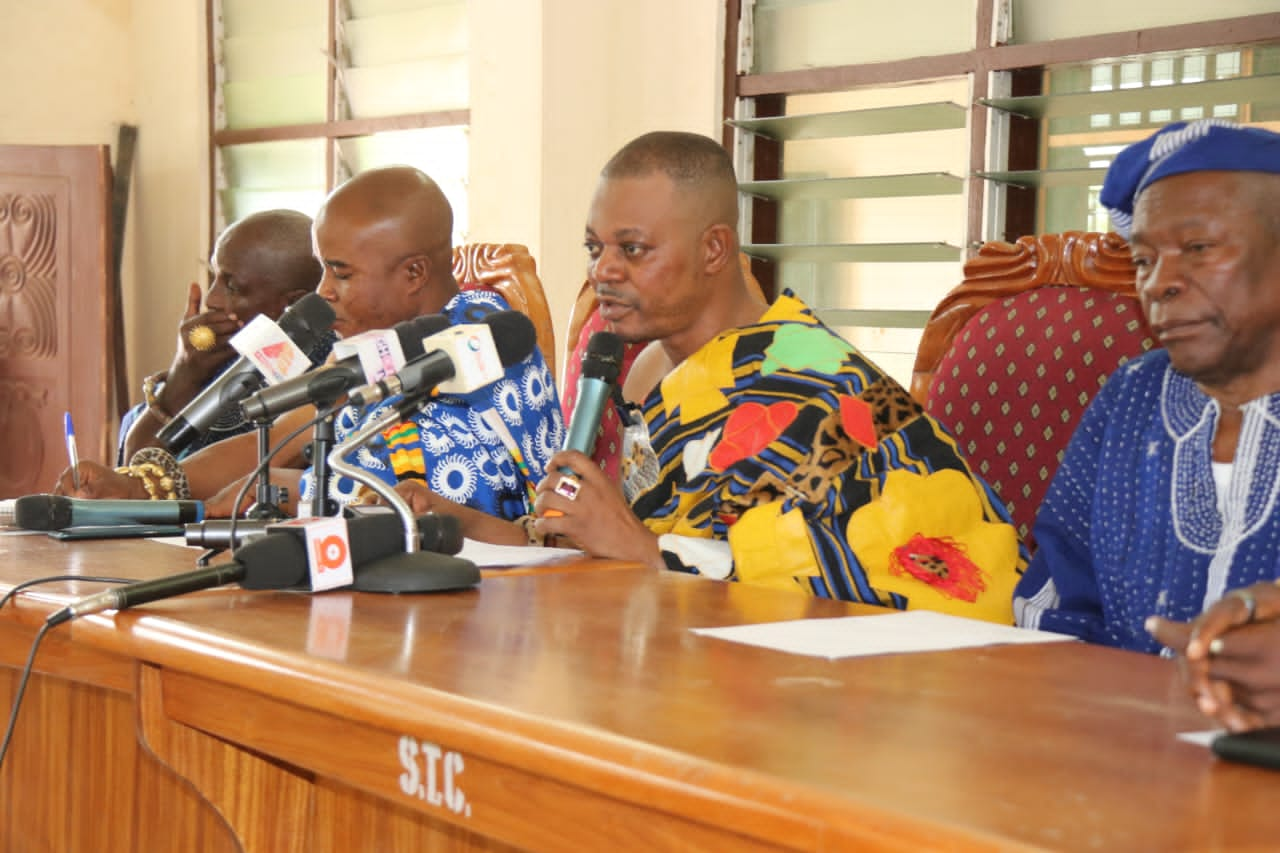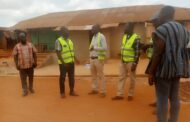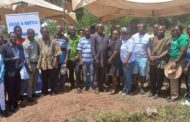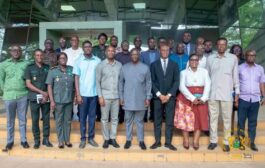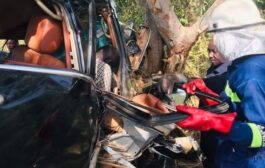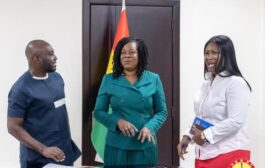The Shai Traditional Council has officially launched the 2024 Ngmayem Festival, dedicating this year’s celebration to environmental sustainability, with a specific focus on protecting the Dodowa Forest Reserve, which has faced significant encroachment in recent years.
The Greater Accra Regional Security Council (REGSEC) earlier this year declared the Dodowa Forest, located in the Shai Osudoku District, as a security zone.
This decision followed complaints from the Greater Accra Regional House of Chiefs (GARHC) about the ongoing destruction of this historically significant forest by encroachers.
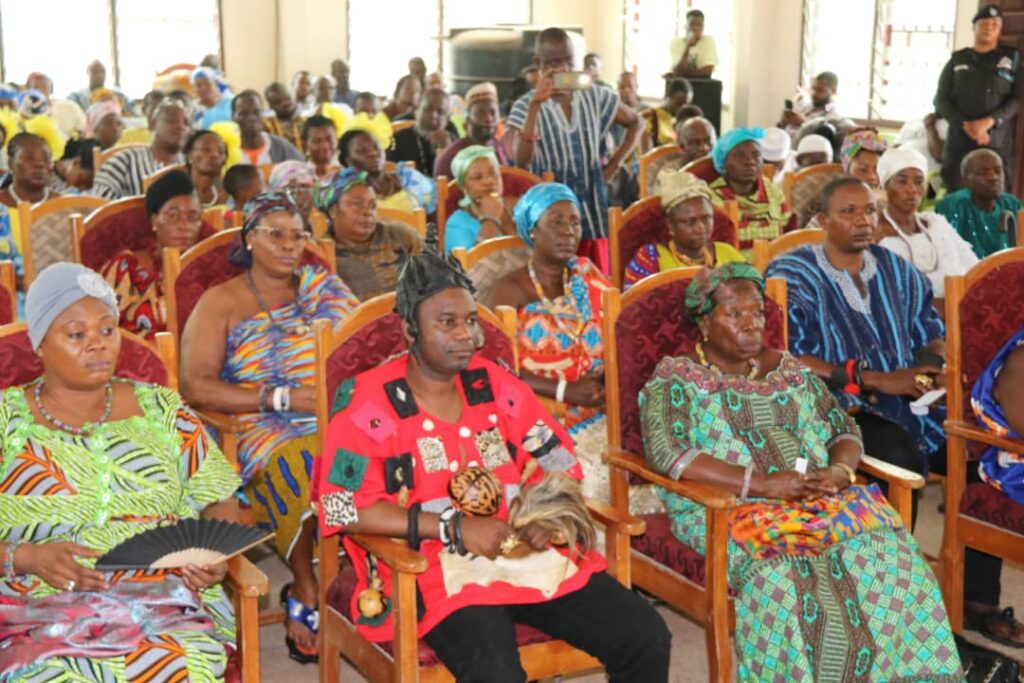
The Dodowa Forest is not only a key tourist destination, home to the Tsenku Waterfall, but it also holds historical importance as the battlefield of the Kantamanso War, which ended in 1826.
Unfortunately, a significant portion of the forest has been lost to estate development and other human activities. In response, the REGSEC and the Forestry Commission recently demolished buildings that had encroached on the forest reserve.
At the launch of this year’s Ngmayem Festival, themed “Promoting Environmental Sustainability Through Our Cultural Heritage,” Okukurubuor Tei Kwasi Agyemang V, Numesimantse, and chairman of the festival planning committee, reaffirmed the Shai Traditional Council’s commitment to protecting the Dodowa Forest from further encroachment.
He announced that the council would implement a master site plan to clear all encroachments and would initiate tree-planting efforts to rejuvenate the forest.
Nene Tetteh Huadji VI of Apetetsi also emphasized the traditional council’s plans to mobilize its people for a massive tree-planting exercise to restore the vegetation in the forest reserve.
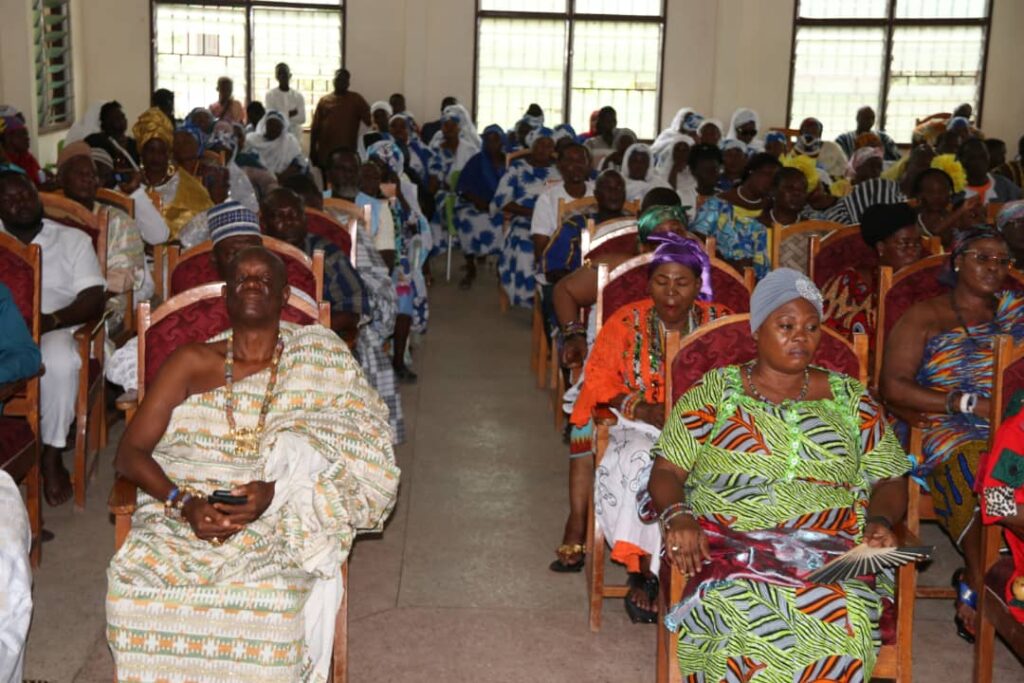
The 2024 Ngmayem Festival is set to begin on September 23 in the Manya Jorpanya community and will climax at Kordiebe on October 21.
The festival will be preceded by a ban on noise-making, effective from September 10 to October 14, across the Shai Traditional Area.
Mankrado Tetteh Wayo III of the Shai Traditional Council noted that a task force, led by traditional priests and priestesses, will enforce the ban.
However, in light of the political season, a compromise will be made for political parties.
The Ngmayem Festival derives its name from “ngma,” the Krobo word for millet, which holds special significance for the Krobo people.
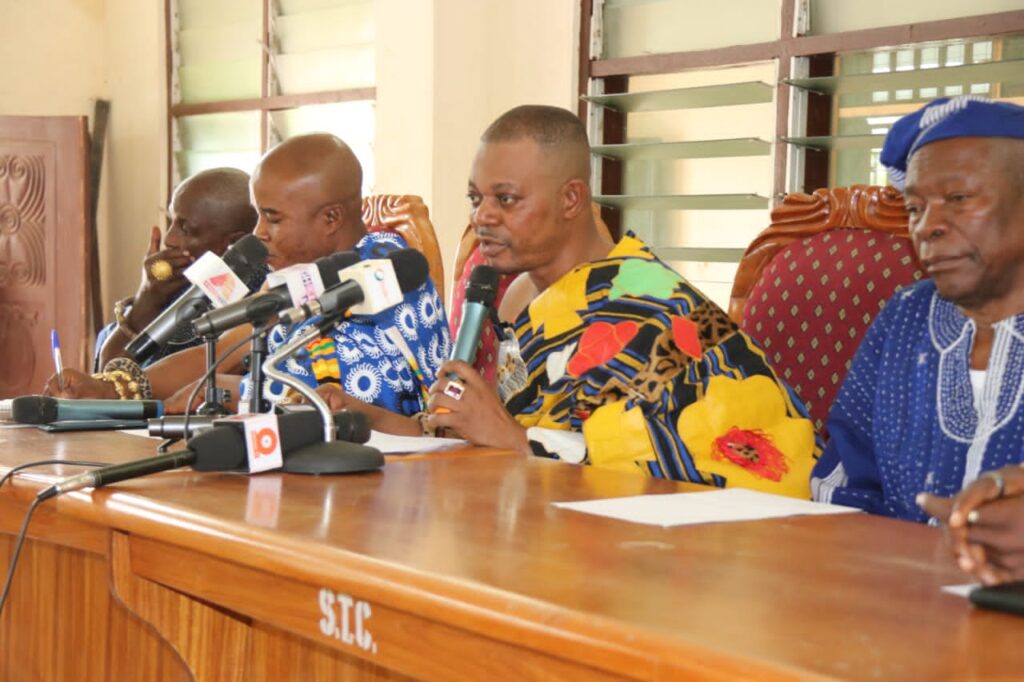
The festival is a time of thanksgiving, commemorating a period in the early 1800s when a severe drought left the Krobo ancestors with nothing to eat except millet until rains returned and brought a bountiful harvest.
Source:Mybrytfmonline.com/Obed Ansah



